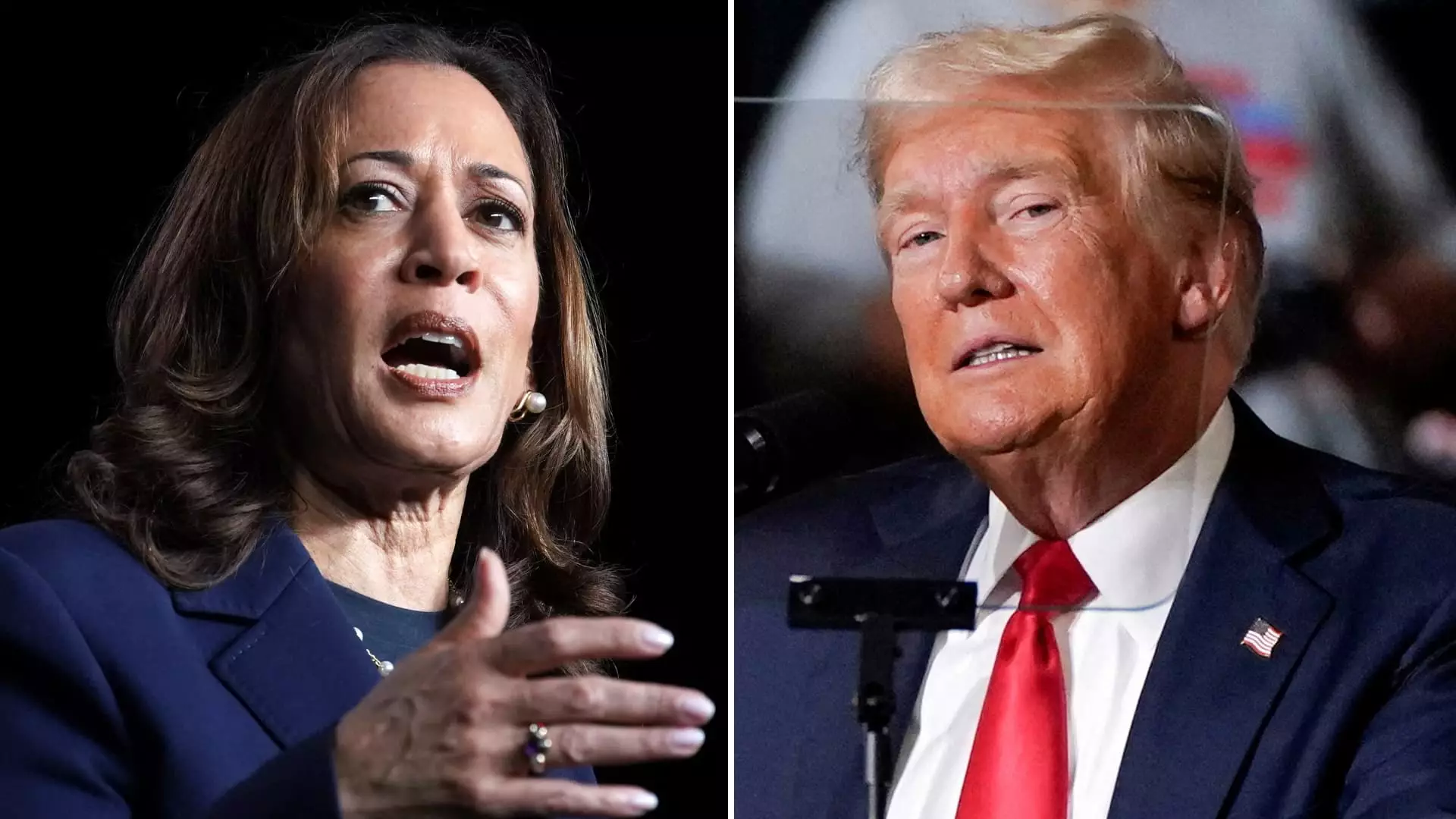With the upcoming presidential elections, former President Donald Trump and Vice President Kamala Harris have introduced their economic agendas, both of which involve significant tax changes that could potentially affect millions of Americans. Taxes are slated to be a key issue for the next president, especially as trillions in tax breaks established by Trump through the Tax Cuts and Jobs Act (TCJA) are set to expire after 2025. According to the Tax Foundation, over 60% of taxpayers might face higher taxes in 2026 if these provisions are not extended. These expiring provisions comprise lower federal income tax brackets, a higher standard deduction, an increased child tax credit, and more generous estate and gift tax exemptions, among others.
Despite the heated political rhetoric surrounding the 2017 tax law, the reality is that both parties are likely to come to an agreement to extend the tax cuts created by TCJA. However, Andrew Lautz, the associate director for the Bipartisan Policy Center’s economic policy program, warns that negotiations could prove challenging due to concerns about the federal budget deficit. Extending TCJA provisions along with subsidized premiums for marketplace health insurance could potentially spike federal deficits by almost $5 trillion over the next decade.
President Trump’s campaign has declared a commitment to retaining the individual and business tax cuts established by TCJA. During an event in York, Pennsylvania, Trump reiterated his pledge for “big tax cuts for families and small businesses.” On the other hand, while Vice President Harris has not directly addressed the extensions of TCJA during her campaign, President Joe Biden’s top economic advisor, Lael Brainard, has expressed support for partial extensions.
Both Trump and Harris have taken steps to address the budget deficit and proposed measures to boost revenue. Harris has indicated her intention to raise the corporate tax rate to 28%, aiming to decrease the deficit by around $1 trillion over the next decade. Conversely, Trump has highlighted the imposition of sweeping tariffs, particularly on Chinese goods, which could potentially impact household incomes.
Trump’s proposed tariffs on imported goods and Harris’ push to eliminate income tax on tip income have sparked debates. Harris’ plan to eliminate income tax on tips has been met with criticism from some policy experts who question the administrative feasibility and potential for abuse. Trump, meanwhile, has advocated for no taxes on Social Security income, a move that resonates with many voters this election season.
As the battle for presidency intensifies between Trump and Harris, tax policy remains at the forefront of their economic agendas. Despite their differing approaches, both candidates are striving to navigate through a complex tax landscape and address the pressing issues of the federal budget deficit and revenue generation. The ultimate decision lies with Congress, where bipartisan cooperation may determine the fate of tax law changes in the years to come.


Leave a Reply